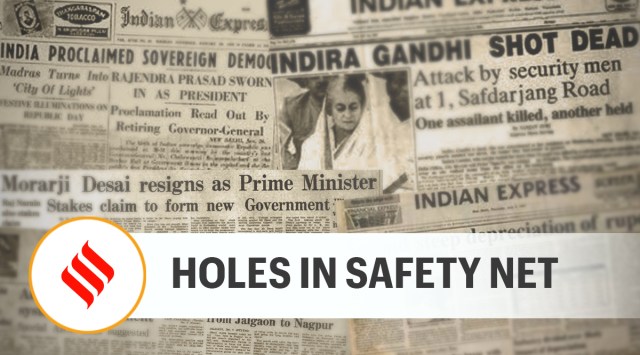
Over the past two years, the Mahatma Gandhi National Rural Employment Guarantee scheme (MGNREGA) has played a critical role in alleviating the economic hardship stemming from the pandemic. Work demanded by households under the scheme has surged as non-farm employment opportunities have fallen and as millions of migrant labourers returned to their villages. In 2020-21, the first year of the pandemic, 11.19 crore individuals worked under the scheme, up from 7.88 crore in 2019-20. In the ongoing financial year, 9.52 crore individuals have so far benefited from it. On its part, the central government increased the scheme’s allocation to Rs 1.1 lakh crore in 2020-21 to meet the surging demand. In the ongoing financial year, apart from the budgetary allocation of Rs 73,000 crore, additional allocations have been made recently. It is thus a matter of concern that in such times, discrepancies have come to light in the manner in which the scheme is being implemented in the state of Jharkhand. They raise troubling questions and point to loopholes that the administration needs to urgently look into.
As reported in this paper, the social audit unit (SAU) of the Rural Development Department of Jharkhand has documented several instances of irregularities. In many cases, the audit found that workers were listed on the records but were missing from work sites. Instances where beneficiaries have struck deals with contractors allowing them to use their names on muster rolls in exchange for a cut, or of contractors employing contract labour instead of local work-seekers, have also come to light. The audit found “delay (in) payment, no attendance entered in muster roll at worksite, no material supply despite payment made to vendor, wage payment done without work” and “work not found on ground despite shown completed”. Considering that the audit was not limited to a few work sites — it was conducted in roughly a fourth of the state’s panchayats — these findings, and the questions they raise, cannot be easily dismissed.
As welfare programmes in India have tended to be marred by leakages, by problems of inclusion and exclusion, such audits serve a valuable purpose in identifying the gaps in the social security architecture, and providing the direction to strengthen systems and processes. Coming at a time when the employment guarantee scheme is playing a key role in lessening the distress amongst the informal labour force — the state’s chief minister, Hemant Soren, has called it a “saviour” during the pandemic — all efforts should be made to ensure that such irregularities are minimised.
This editorial first appeared in the print edition on January 15, 2022 under the title ‘Holes in safety net’.